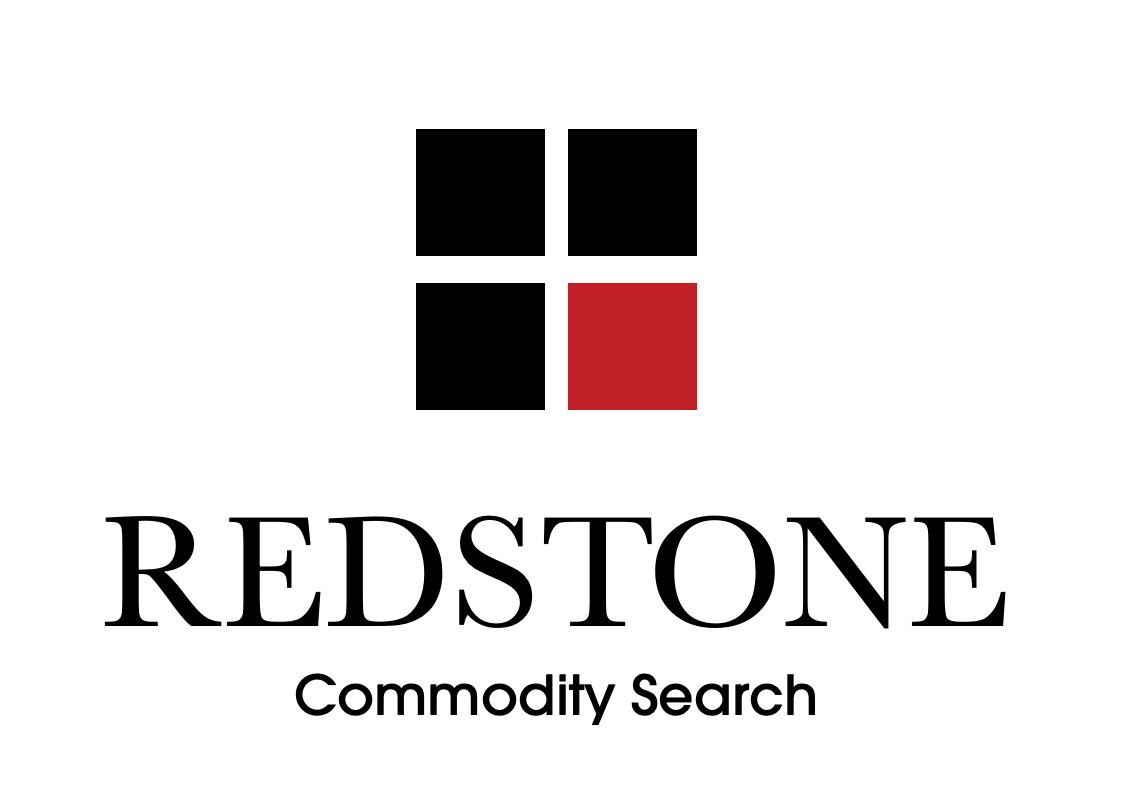Commodities Search
Kamran Subherwal heads up our Commodities division at Redstone, providing strategic support to Commodities-focused organisations seeking to onboard new talent across Front, Middle and Back Office functions.
"With shrinking margins and increased competition you want to employ candidates that offer you a competitive edge, help you expand into new markets and who are able to take your business to the next level. With our in-depth research and international networks, we are confidently able to present the best talent in today’s volatile commodities market."
Our Commodities team works with clients across Oil, Energy, Power, Bunkers, Shipping, Base Metals, Steel, Softs and Agriculture covering positions from Operators and Analysts through to Front Office Traders and Brokers, and senior Management/Finance positions.
What Our Clients Say:

"We have worked very closely with Redstone over the past few years as we grew our business in Bahrain, Europe, USA and Asia. In specific, working with Kamran has been an enjoyable experience, Kamran possesses excellent interpersonal skills that has helped us recruit the right individuals in the right positions. His efforts in understanding our business, culture, and needs made the recruitment process and interviews enjoyable. The partnership with Redstone has definitely helped us access a large pool of highly qualified and suitable candidates for multiple roles who are expected to remain in our organisation for many years to come."
"I can only recommend working with Redstone Commodities and particularly Ross Godwin. He won't quit until the right candidate is found. He's professional, communicative, well connected and just a pleasure to work with. I've partnered with a lot of headhunters, but Redstone is the only one I've stuck with for years."
About Redstone Commodities Search
Redstone have spent the last decade building trust with major partners in the commodity markets, we are an experienced and proven executive search firm that hiring managers have successfully utilised to take their strategic hires and businesses to the next level. We focus on offering complete talent acquisition solutions for the global commodities markets. Through our retained and contingency models, our consultants are well placed to identify, search, and introduce the best talent for your business.
Practice Areas
Our consultants focus on providing front, middle and back-office search solutions to a wide variety of Trading Houses, Producers, Majors, Utilities, Merchants, Hedge Funds, Investment Banks, Brokerages and more!

Energy
Our energy desk has had great success in assisting and developing our bunker, shipping power and energy clients. Whether it is renewables, coal, fuel, crude, CBFS or middle distillates, the team has met the recent market challenges head on with our affiliated producers and traders taking advantage of the extensive network we have built across the world. We have been responsible for the following mandates:
• Head of Power Trading / Energy Merchant / Switzerland
• Thermal Coal Sales Trader / Commodities Merchant / Singapore
• Bunker Trader / Bunker Trading Firm / Greece
• Head of Corporate Energy Solution Sales / Oil Trading Company / London
• Head of Bunker Trading / Bunker Trading Firm / Europe
• Senior Oil Trader / Hedge fund / USA
• Head of Oil Proprietary Trading/ Oil Trading Group/ Germany
• Head of Energy Analytics / Commodities Trader / Singapore
• Head of Distillates Trading / Trading House / Hong Kong
• CFO / Oil Producer, Switzerland
• Fuel Trader / Oil Trading Group/ Dubai
Metals
Redstone’s Metals team have been responsible for assisting our trading houses, producers, hedge funds and brokerage clients to source specialists to fulfil their human capital requirements, even throughout recent market constraints, with tariffs, sanctions and volatile market conditions raising the need for niche front and middle office employees. We have remained the partner of choice for both major and up-and-coming trading houses / producers etc globally with candidate coverage for those hard-to-reach placements. We have been responsible for the following mandates:
• Head of Metal Trading / Asian Trading House / UK
• Metals Derivatives Trader / Trading House / Switzerland
• Head of Finance / Metal Trading House / US
• Metal Control Manager/ Trading Group / Switzerland
• Precious Metal Sales/ Commodities Merchant / Hong Kong
• Senior Iron Ore Trader / Global Trading House / UK
• Plant Manager / Metals Producer / Europe
• Head of Aluminium Sales / Metal Producer / Europe
• Metals Shipping Manager/ Steel Producer/ Switzerland
• Head of Aluminium Trading / Global Trading House, Singapore
• Head of Metals Broking / IDB / UK
Agriculture & Softs
Agricultural and Soft Commodities have provided the backbone for commodities trading for millennia, today’s world is no different. Even with everchanging market flows due to new circumstances and global headwinds, our clients must find experts in all markets. We have been responsible for the following hires:
• Senior West Africa Grain Trader / Global Trading House / Switzerland
• Head of OTC / Agri Trading Group / US
• Fertilizer Trader / Commodities Merchant / Russia
• Derivatives Trader / Hedgefund / US
• Senior Grain Trader / Agri Trading Group / Canada
• Senior Oilseeds Trader / Agri Merchant / Switzerland
• Sugar Trader / Agri Merchant / Brazil
• Palm Oil Trader / Trading Group / Singapore
• Grain Trader / Agri Merchant/ France
• Coffee Marketer/ Coffee Producer / Singapore
• Head of Agri Analytics / Trading House / London
Please let us know about your staffing requirements below and one of the team will be in touch to discuss your specific recruitment needs.


